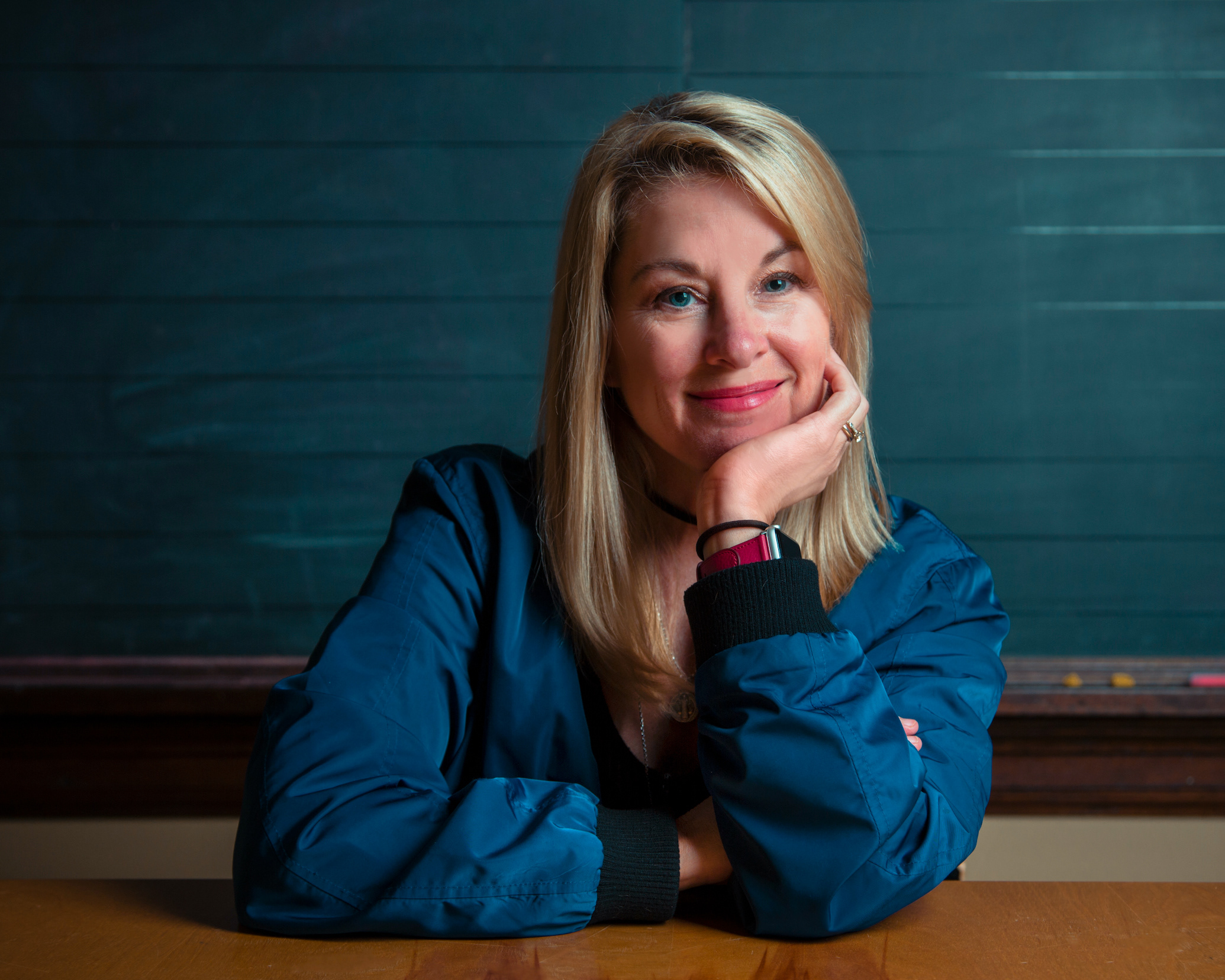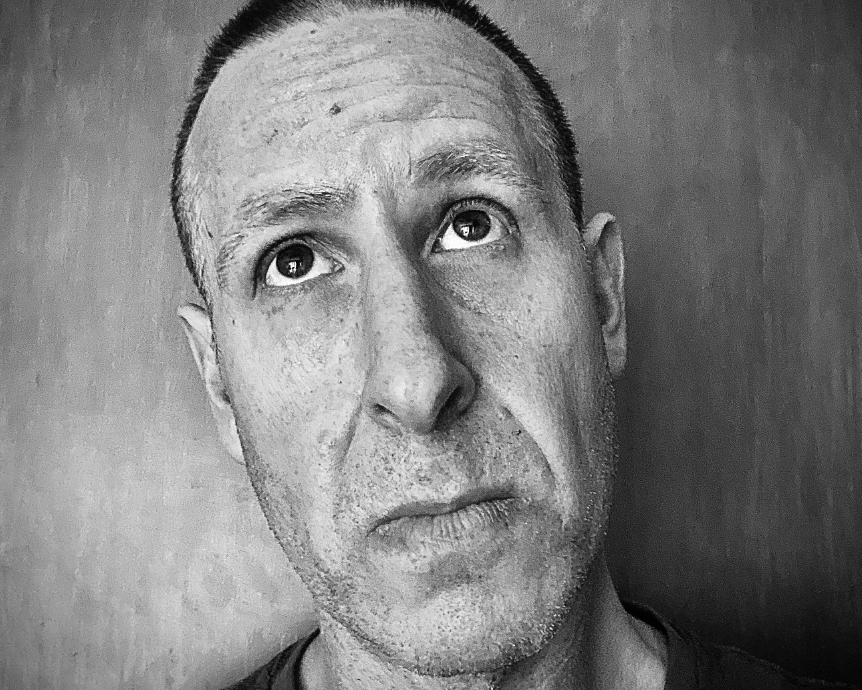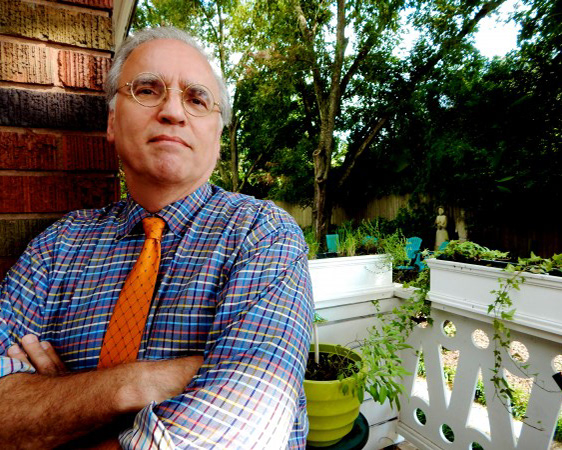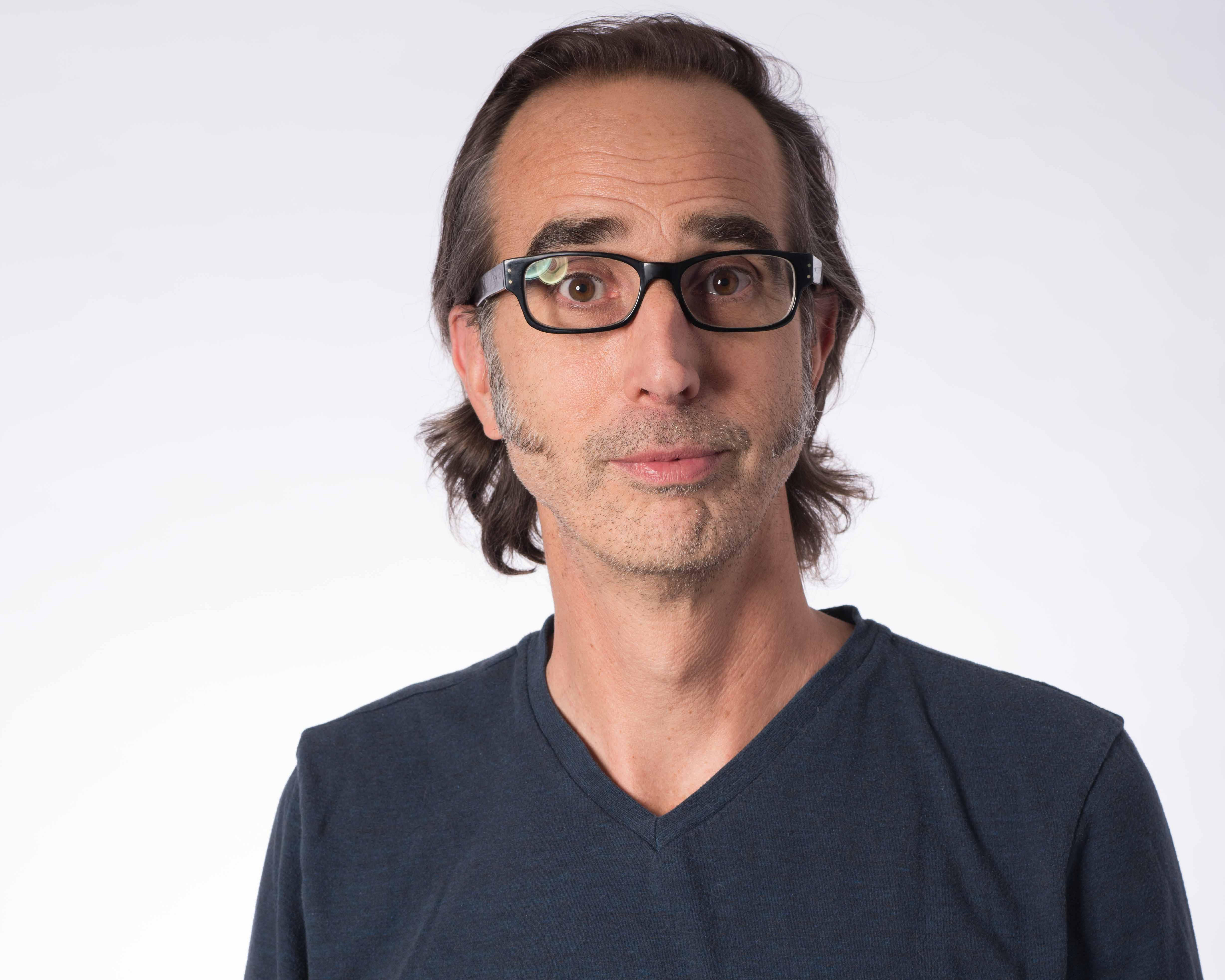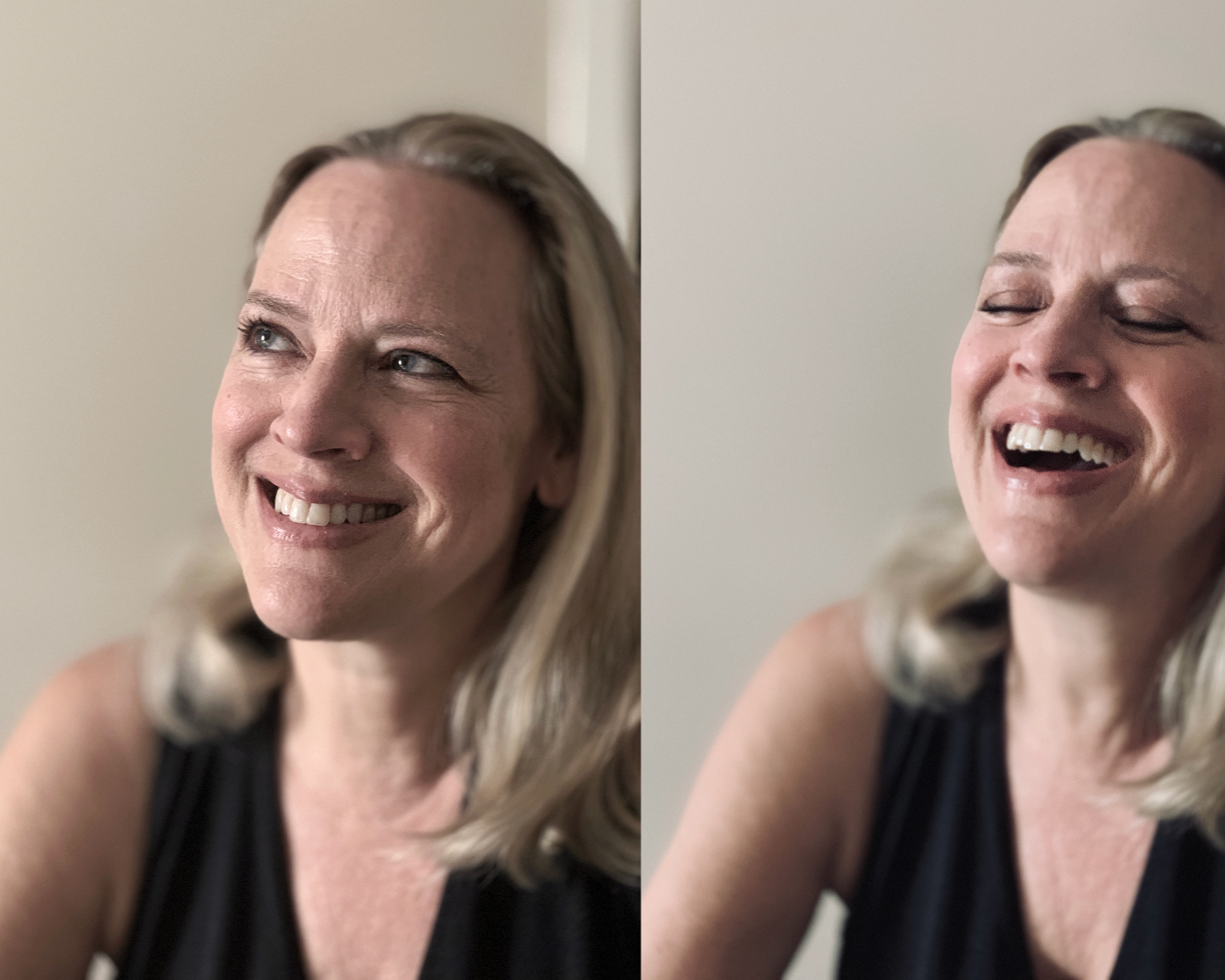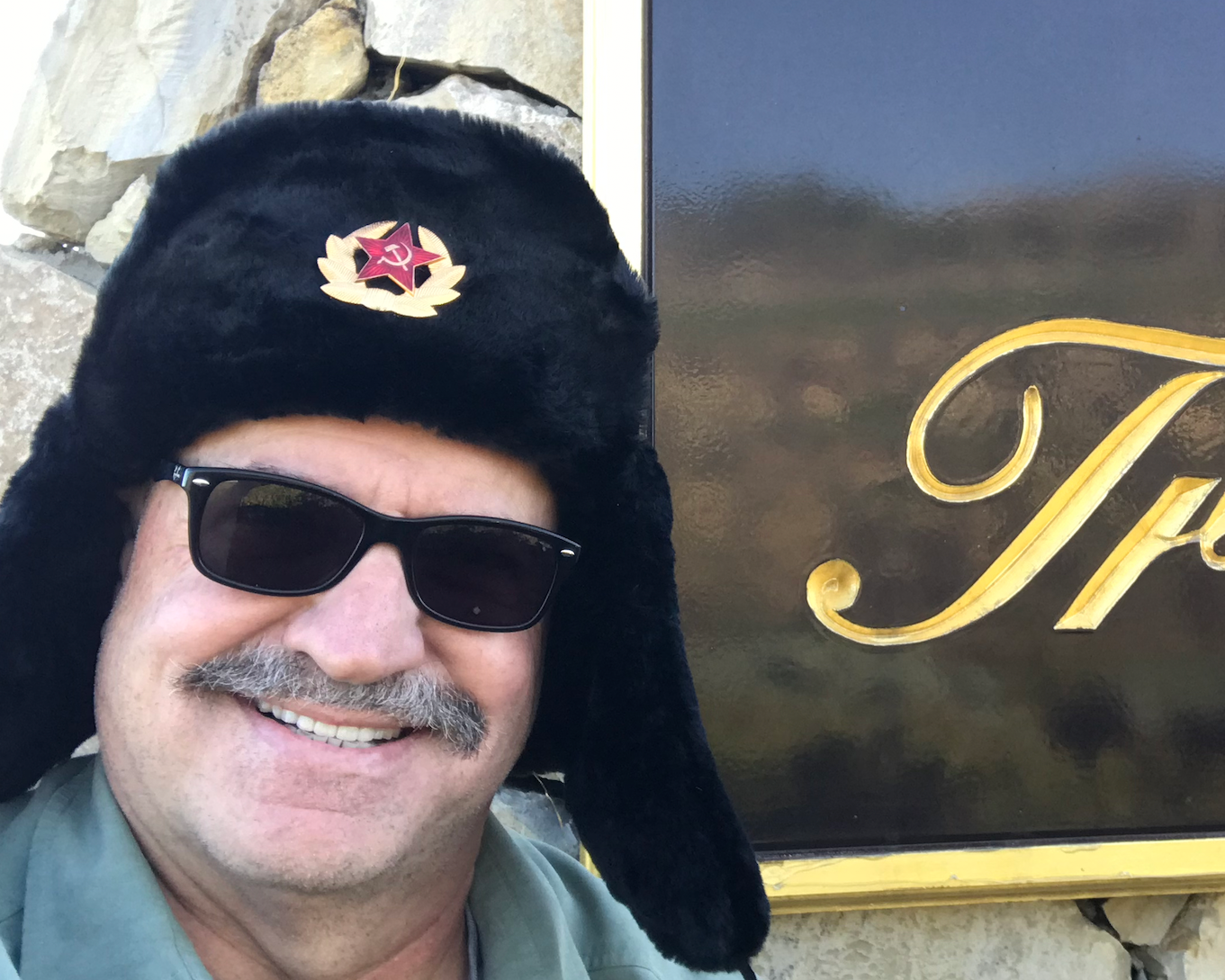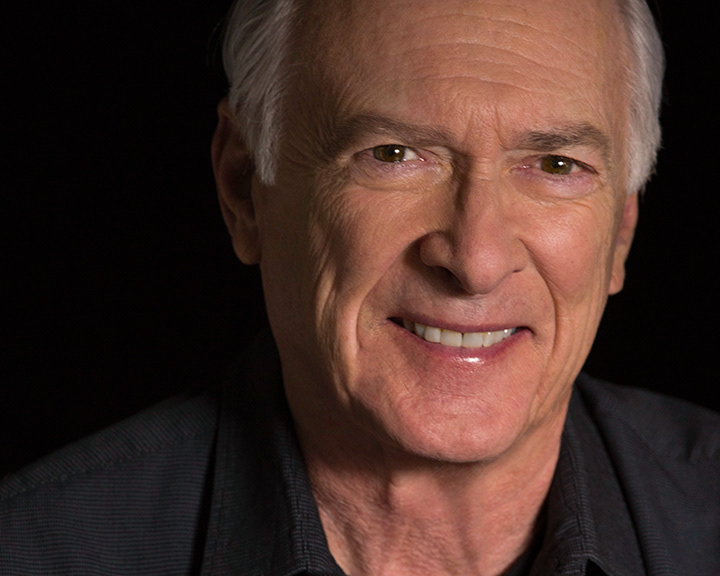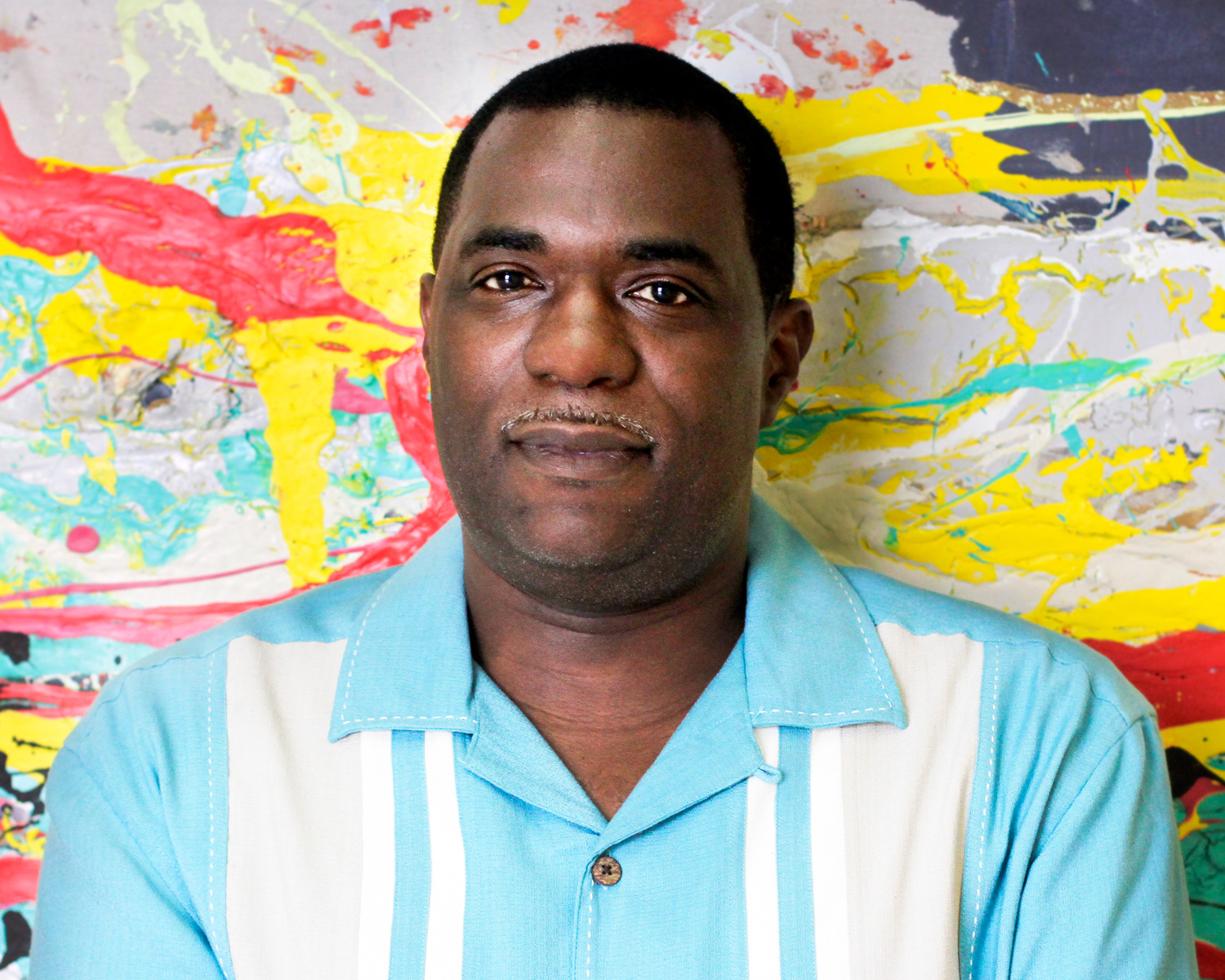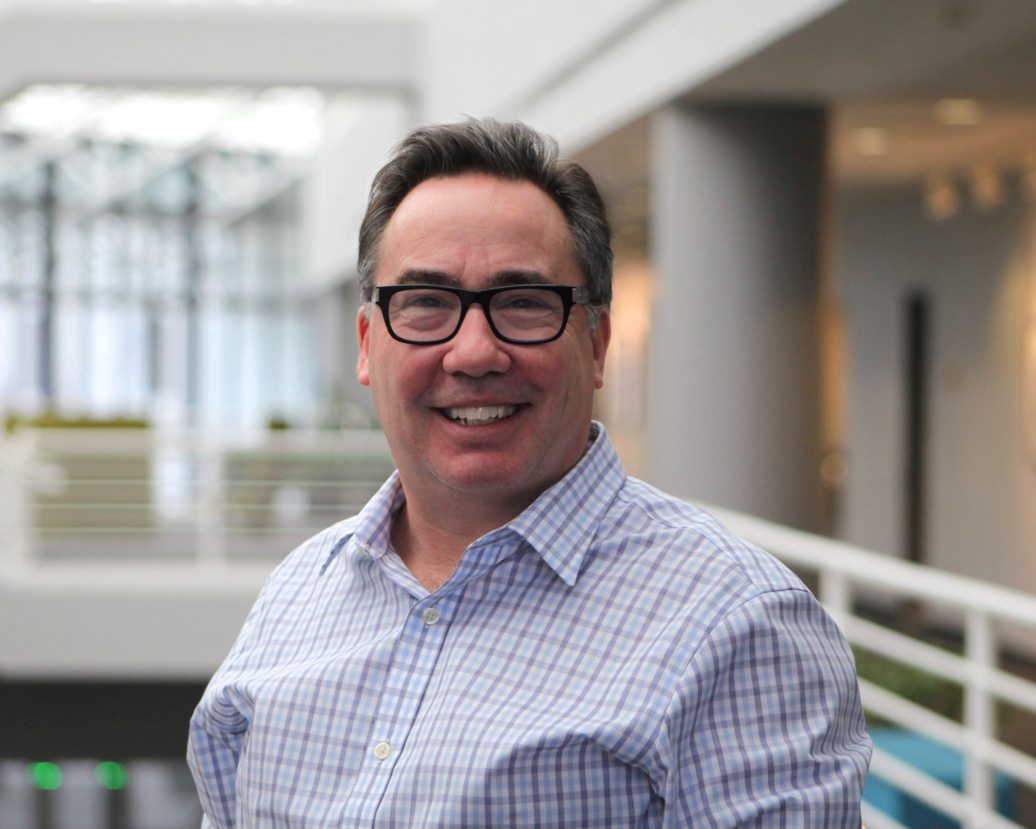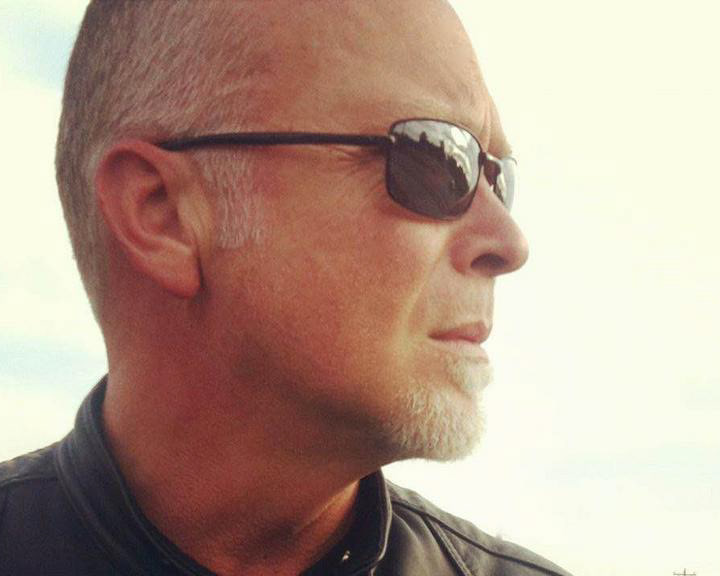Buckle up everyone! Get ready for some strongly-worded opinions! We're talking about our latest interviewee: Colin Corcoran. Adjectives used to describe this interview include; raw, unabashed and fiery. So get ready for Colin, y'all. Colin Corcoran can, and has, done it all. In fact, he's even been awarded for his copywriting, art direction and design ideas.
Since 2006, Colin has been the most consistently awarded and in-demand freelance CD/Copywriter across the entire country for over 500 advertising agencies, design studios, interactive shops and directly with brand marketers. Despite being independent, he was Lürzer’s Archive Magazine’s #1 ranked U.S.-based copywriter of the decade from 2010-2020. He was also the writer with the most work published in Communication Arts 2016 and 2019 Ad Annuals, along with Graphis’ 2019 and 2020 Ad Annuals (resulting in being named a Graphis
Master). And hope you're ready for a little more name-dropping because the list goes on (and on). We're talking D&AD Yellow Pencil,
Graphis Platinum and multiple One Shows, One Screen, AICP, Radio Mercury Awards and Obies, as well as One Show juror and judge for The Webbys, Radio Mercurys, Graphis, Minneapolis Show and CMYK Magazine. He's also racked up an impressive laundry list of digital and design awards, but we'll allow you to take a breath (the uber-curious can find that list here).
Master). And hope you're ready for a little more name-dropping because the list goes on (and on). We're talking D&AD Yellow Pencil,
Graphis Platinum and multiple One Shows, One Screen, AICP, Radio Mercury Awards and Obies, as well as One Show juror and judge for The Webbys, Radio Mercurys, Graphis, Minneapolis Show and CMYK Magazine. He's also racked up an impressive laundry list of digital and design awards, but we'll allow you to take a breath (the uber-curious can find that list here).
Finally, a few more facts about Colin. He graduated from Brainco – The Minneapolis School of Advertising and has held full-time positions at Carmichael Lynch, Fallon, Hunt Adkins, Colle + McVoy, and DDB. After going freelance and moves to San Francisco, L.A. and Chicago, he’s now based in NYC with a rescue Chinook breed dog named Butterscotch. Cue the collective "Awwww."
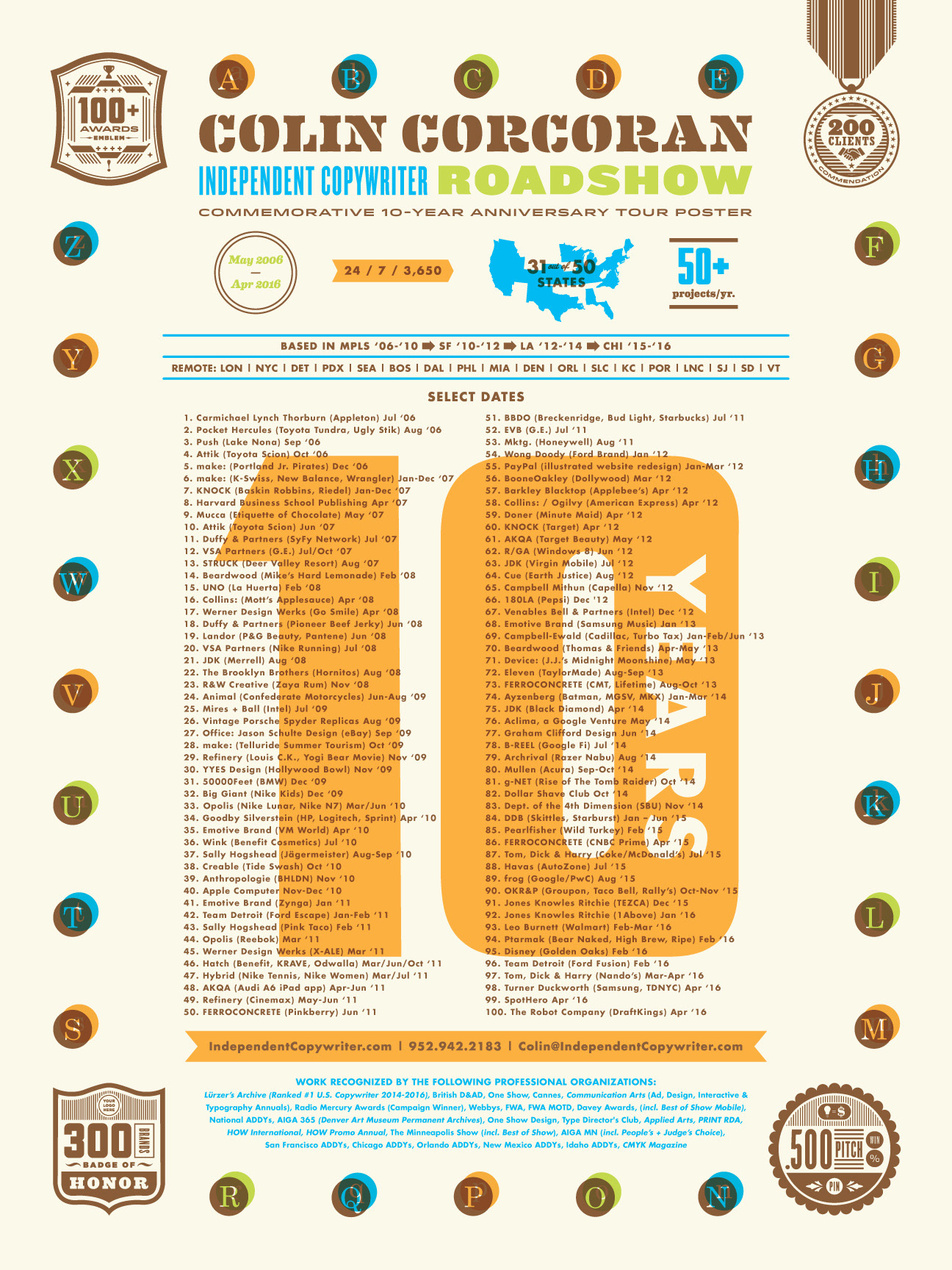
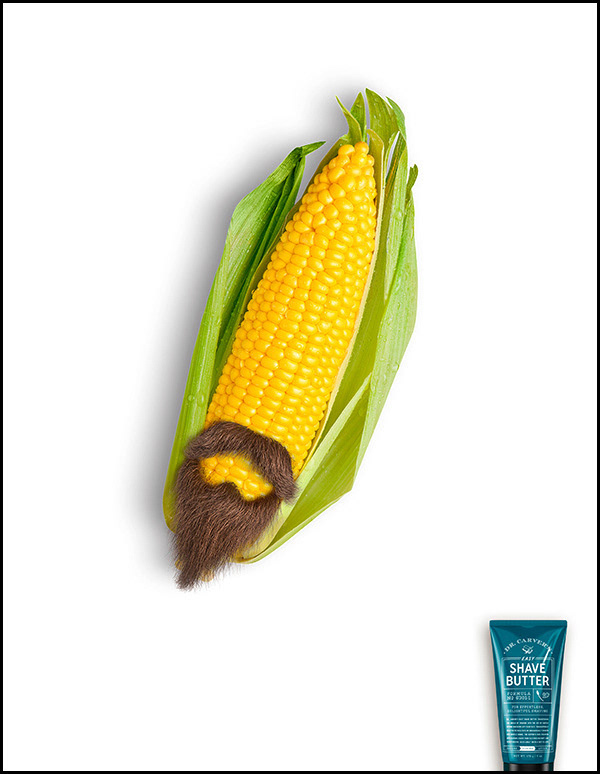
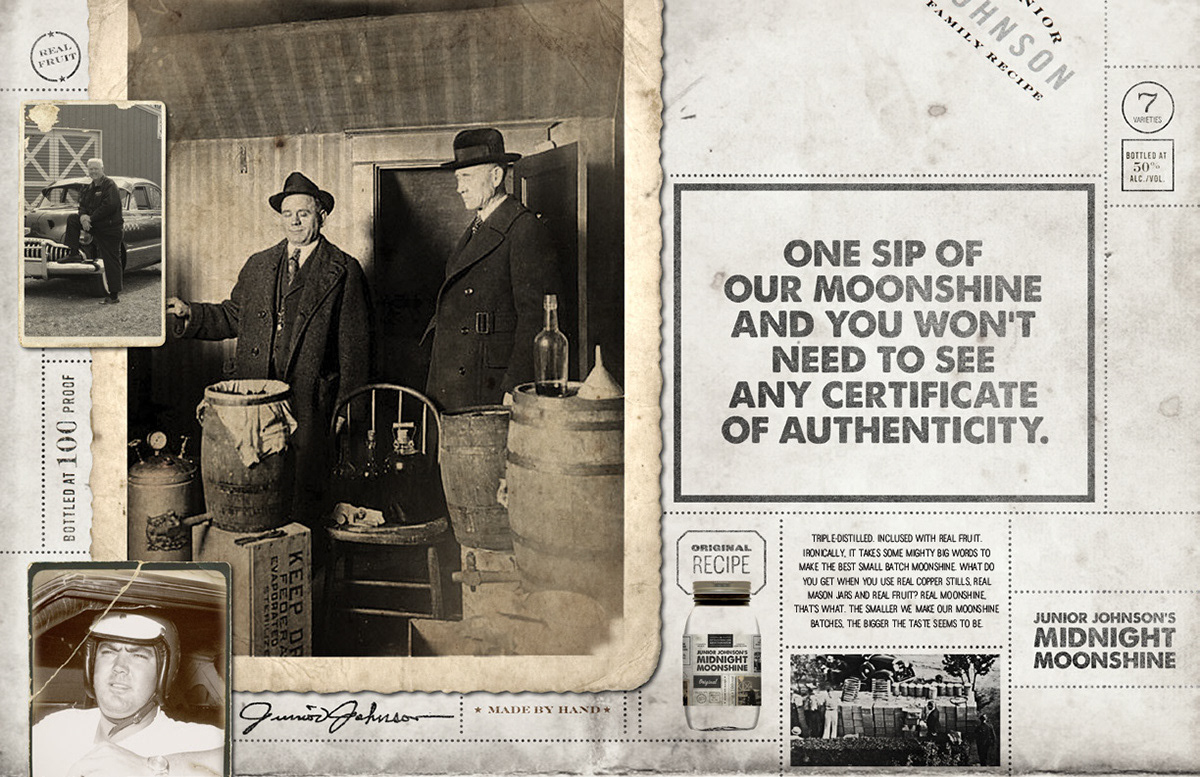
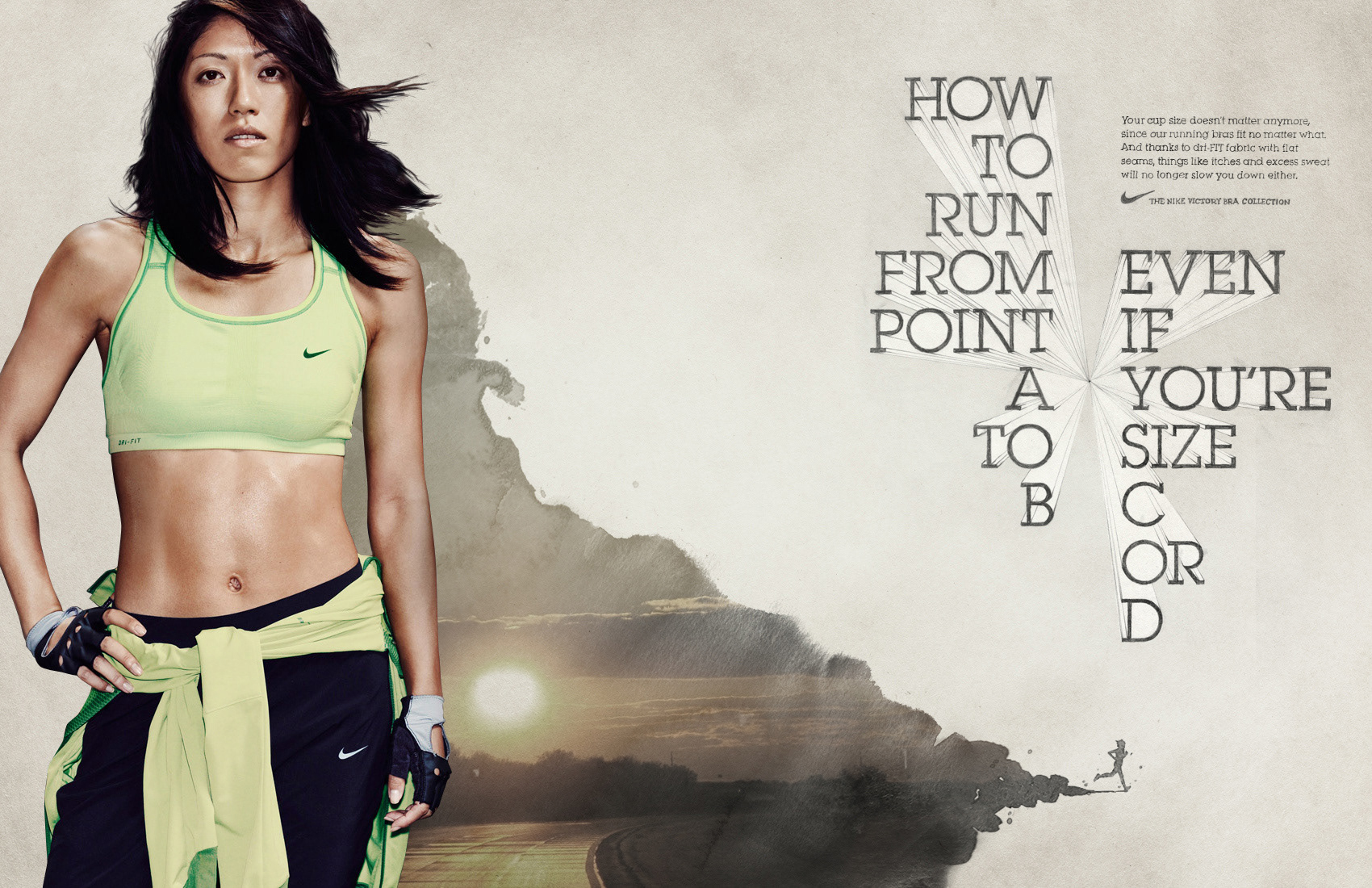
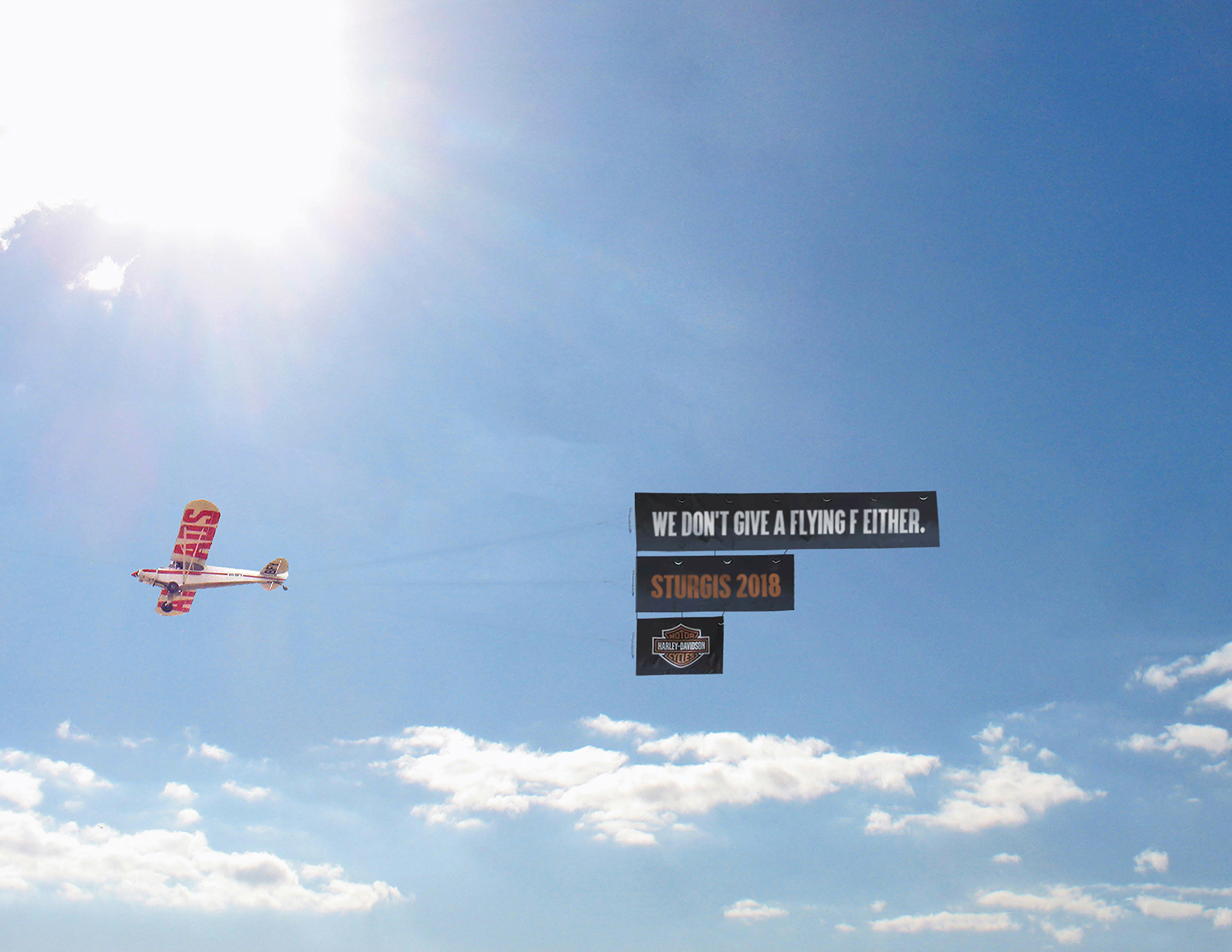
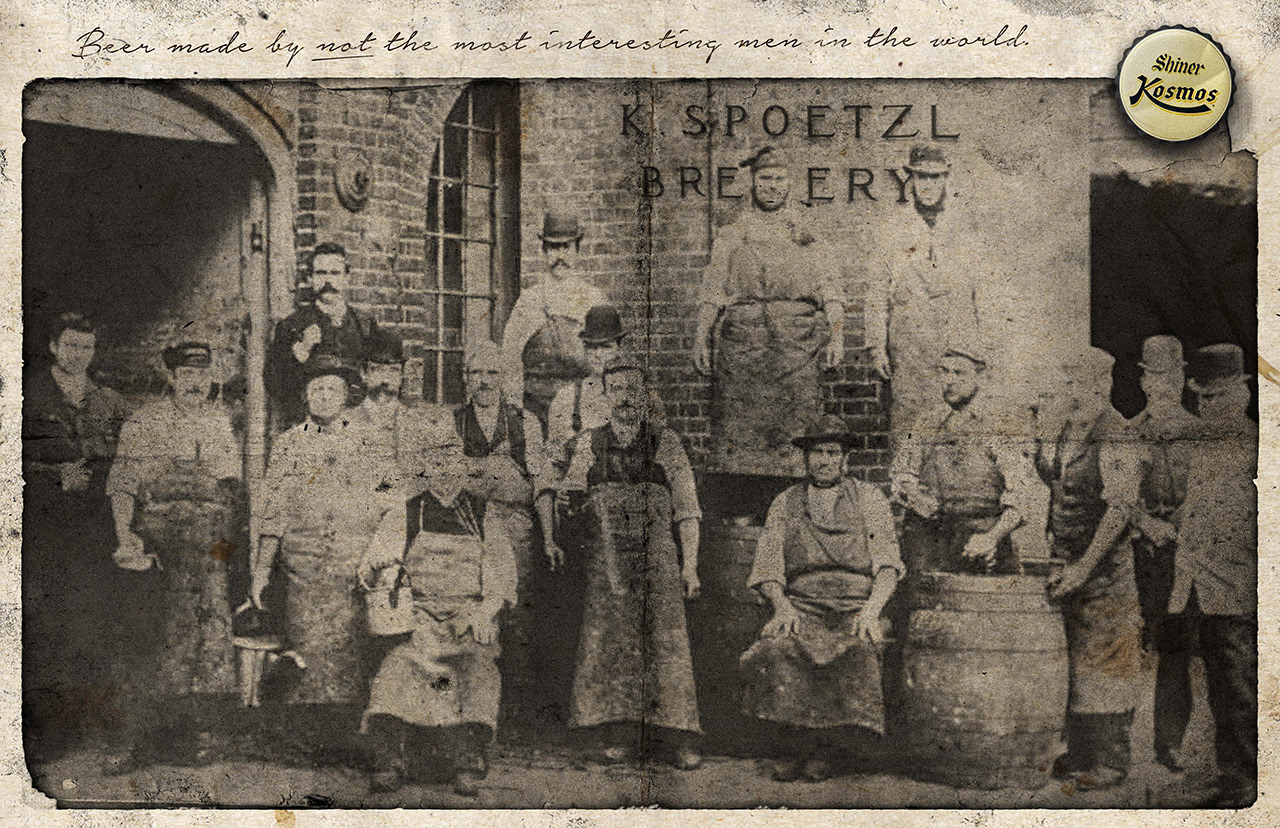
Is ageism in the industry something you thought about in your 30s? Your 40s?
In my 30s I thought about ageism in terms of colleagues’ careers, particularly mentors. I would get upset when one of them would get laid off, forced to take a pay cut, or otherwise treated unfairly given how they had been so instrumental in building their respective agency’s creative reputation through hard work, talent and dedication.
In my 40s, now whenever I have a bad experience with an agency or client, I start wondering if that will also become my fate in the near future—or last industry job ever?
"My generation knew and respected the names that came before us..."
Is ageism something that’s affected you? What are some of the challenges you faced as a person who was getting older in the business? Do tell.
Ageism is often unseen, so I don’t completely know how much it’s affected me. It’s happened to me a few times when negotiating freelance rates. Most hirers nowadays don’t really care about creative work quality or award- winning stuff—just crappy category experience—so they will sometimes go with someone younger or get two juniors for the price of one senior to save a few bucks. My generation knew and respected the names that came before us, whereas now most young recruiters and “CDs” couldn't care less about the industry’s past campaigns and actual craftsmanship.
Tell us about your own creative journey. What are your thoughts on where you are now, compared to your mindset when you were in the beginning of your career?
Well, ad school was really my only chance to make something of myself professionally. There was no Plan-B safety net in the form of parents to move back home with or trust fund. In the beginning of my career, I was just hoping to survive. My goal then was to just become a respected local writer in Minneapolis ultimately making like $50k/year.
But when I attained that goal after only my first year in the industry as a senior intern at Fallon (yes, there was such a thing at the time), the industry became all about unlimited opportunity. After three years full-time at three different top agencies, I decided to try and become the top freelancer in Minneapolis. After accomplishing that after another three years, I decided to try and replicate that success nationally. So I moved around to other major ad markets to network in-person and grow my agency client roster.
Did the reality of the ad industry contribute to the decisions you made/the path you’ve taken?
Not really. Instead, the reality of my childhood did. I grew up an only child and without a father, which caused me to have major authority issues as an adult (since I never had an older male to physically overpower or restrain me to demonstrate that I wasn’t always going to get my way about everything). So that upbringing just didn’t mold me into being good full-time soldier material who follows orders without question. Because of that, I became very independent-minded and self-sufficient at a young age. So it didn’t take me long to figure out I should probably be my own thing professionally, too.
Not really. Instead, the reality of my childhood did. I grew up an only child and without a father, which caused me to have major authority issues as an adult (since I never had an older male to physically overpower or restrain me to demonstrate that I wasn’t always going to get my way about everything). So that upbringing just didn’t mold me into being good full-time soldier material who follows orders without question. Because of that, I became very independent-minded and self-sufficient at a young age. So it didn’t take me long to figure out I should probably be my own thing professionally, too.
What are your thoughts on where you are now, as you look back on your creative journey?
I’m just super happy I set my own goal of carving out a unique niche for myself as a freelancer instead of pursuing what most everyone else’s goal is. Which is to become a CCO getting paid a shit ton to provide passing critiques, attend endless meetings, speak at conferences and day trade stocks from the privacy of their corner office suite. Because ironically, a lot of CCOs and ECDs I’ve freelanced for have privately told me, “I wish I could do what you do.”
"Unfortunately, I don’t think we have anything to offer the vast majority of 20-somethings. In that respect, we don't really owe them anything."
What do you feel creative people over 50 can offer someone 20 years their junior, things that are unappreciated, or just plain overlooked?
Unfortunately, I don’t think we have anything to offer the vast majority of 20-somethings. In that respect, we don’t really owe them anything. If anything, we’re hurting ourselves by providing any help to what’s being called “the lost generation” that doesn’t get what an original idea is, how to be brave and embrace risk or that a creative concept isn’t the same thing as the latest technology and/or media. This is the reason I stopped trying to teach young people right around when the pandemic began.
I had great instructors and professional mentors who passed down the right way to craft advertising to me because they wanted to see those best practices continue on. I was taught not to scare people into buying something, to give viewers something to figure out for themselves and that everything mattered, including typography, logo treatment and body copy. So I don’t feel an urgency to help a generation below me who are not only destroying both the soul and value of the industry, but are also trying to take our jobs by replacing us at the very same time.
"About a decade ago I got partnered up on a big freelance project with an art director who was well into his 50s....He told me, 'Colin, they’re always going to need somebody to lay out the (major auto brand) annual main line brochure, and it’s a six month process every time.'"
What is your advice to people who are nearing or over 40 in the ad industry?
I don’t think age really has anything to do with it if you continue to do good work and don’t try to coast off past successes. The only difference is you’re getting paid more now because you’re more experienced, so more is naturally expected of you and the less time you have to prove yourself all over again. Personally speaking, the best five years of my career have been from age 40-45 in terms of income, major award wins and awesome projects. That said, I would advise anyone working in this industry to live below their means, since I think it’s super easy to convince ourselves that we need a lot of material things to be happy while we’re persuading consumers of the same in the advertising we create. Start by renting instead of owning a boat. Same goes for renting vs. owning a second vacation home. And for God’ sake get rid of a trophy spouse whose only real hobby is spending your hard-earned money. Because I’ve seen plenty of careers ruined simply by who that person decided to marry for the wrong reasons.
On the other hand, it’s really only ever been the elite talented creatives who seem to worry about ageism. True story: About a decade ago I got partnered up on a big freelance project with an art director who was well into his 50s. Nice guy. Good guy. Solid, but let’s just say not a spectacular AD. But also not someone who worried about ageism. He told me, “Colin, they’re always going to need somebody to lay out the (major auto brand) annual main line brochure, and it’s a six month process every time.”
How are you approaching the next 10 years? What does your future hold?
Not sure. All professional success ultimately gets you is more of the exact same. At this point, I would like to continue working on select freelance projects. But the thought of trying my hand at being a stay-at-home dad or figuring out a way to retire early is very appealing because those are completely new challenges and experiences. I know just how good of a copywriter I can be. So now I’m more interested in finding out how good of a tennis and basketball player I can become before becoming too old.
What do you see as potential solutions for ageism in the industry? Any thoughts on possibly unionizing?
This is a great question because I have often fantasized about if the top 100, 500 or even 1,000 agencies would unionize around a bill of worker rights and blacklist certain brands and CMOs for bad creative demands and unethical professional behavior.
But more specifically, I’d like to see compensation adjusted based on copywriting, art direction and design being completely different jobs than creative direction is. You’re either creating work or you’re selling it, and I don’t care how old the person doing either is if they’re good at it. We could have such a thing as junior creative directors. Young people who are great at curating and then presenting ideas in meetings with clients, but not so good at coming up with them on their own. That way if you want to remain a creative and not a CD, you can still make a high salary and not worry about getting laid off because your CD is 20 years younger and paid a lot less.
What’s one thing the industry could do to make you think they are taking combating ageism seriously?
I think eliminating the CCO position all together, since all the famous names with an actual unique POV are retired now or serving in figurehead roles. That way there’s a lot of extra money for several ECDs below that level in their 40s-60s. Either that or holding company owned agencies buying themselves back via employee co-op structures.
"I have a proven track record and extensive body of work now that nobody can ever take away from me, so I’m far less afraid to tell a bad agency or client to fuck off."
What are some positive things you’ve experienced as you’ve grown older in the business?
Higher pay, more respect, less below the line projects, never having to hear someone say that I’m unproven or still have to pay my dues ever again. I think the best thing has been the compliments I’ve received by the generation above me who are all more successful, award-winning and have far more important titles that I have. They respect my talent and don’t factor in anything else into their opinion about me professionally. Also, I have a proven track record and extensive body of work now that nobody can ever take away from me, so I’m far less afraid to tell a bad agency or client to fuck off.
Who do you look to for inspiration?
Inspiration has always only come from three sources for me. 1. Brand history. 2. Pop cultural trends. 3. My own personal experiences / complete opposite of my personal experiences. (Or in some cases, the stories of what someone else has told me about their life / the exact opposite of that.) Let’s just say a lot of my life is in most of my ads.
Starting in ad school, I’ve never borrowed from books (translation: plagiarized).
1. Because I thought it was lazy / dishonest and 2. Because I am the least-read writer you’ll probably ever meet. Staring at a page of printed words is the same thing to me as staring at a computer screen of typed words, so I prefer spending my time playing sports or other forms of exercise / entertainment which naturally helps me relax, be more confident and focus on finding fun solutions to problems. For me, physical stress has always served as the perfect balance to the inherent mental stresses of advertising
1. Because I thought it was lazy / dishonest and 2. Because I am the least-read writer you’ll probably ever meet. Staring at a page of printed words is the same thing to me as staring at a computer screen of typed words, so I prefer spending my time playing sports or other forms of exercise / entertainment which naturally helps me relax, be more confident and focus on finding fun solutions to problems. For me, physical stress has always served as the perfect balance to the inherent mental stresses of advertising

